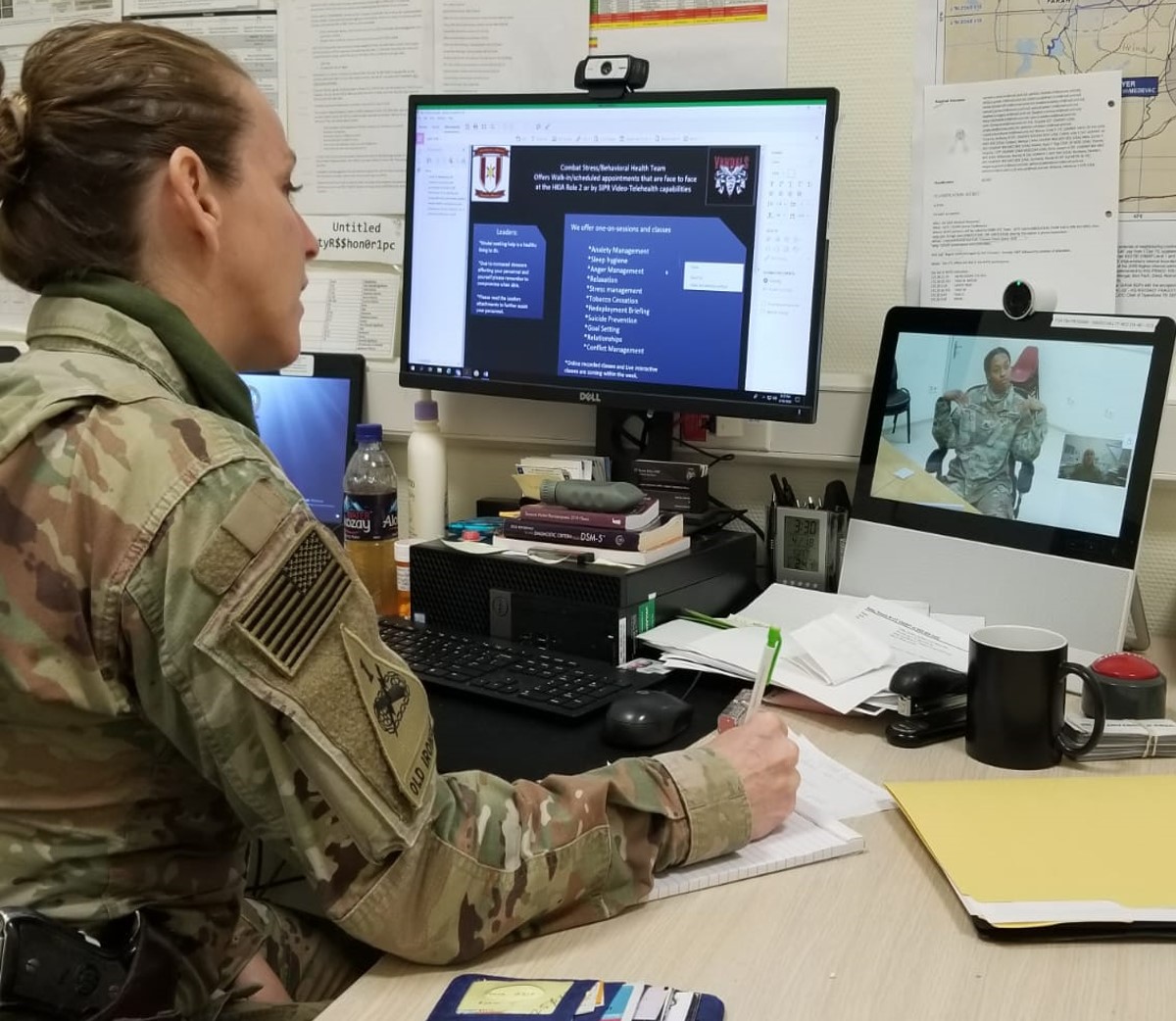11 February 2015
Study Update: Treating Depression via Telehealth
Despite increased mental health problems in the military, it is estimated that only 23%-40% of those diagnosed with psychiatric disorders sought treatment in the year prior. People face many obstacles in seeking traditional mental health treatments, including geographic, logistical, and financial setbacks.
These obstacles are only amplified in military populations where the stigma of mental illness encourages a culture of silent suffering. The question remains – how do those in need receive the care they need, especially among populations that need it the most?
The use of tele-behavioral health (TBH), via the internet, to support remote mental health care has the potential to reduce many of the barriers preventing those in need from pursuing or accessing care, and can be highly effective in the treatment of depression and other mental health issues.
TBH treatments have several advantages over traditional in-person care, including increased, 24/7 access to care services, which is particularly important for patients living in remote or underserved areas. Patients are also able to receive care in the comfort, convenience, and privacy of their own homes, which is advantageous for patients who perceive the stigma surrounding traditional, in-person mental health care.
In 2011, Drs. Gregory Gahm and David Luxton initiated a study to evaluate the effectiveness of in-home, web-based TBH treatments to treat depression among military service members and veterans. This study compares two randomly assigned groups of soldiers and veterans with depression.
One group receives mental health treatment via webcam, while the other group receives treatment delivered in a traditional, in-person format. The investigators have hypothesized that the quality of care, clinical outcomes, degree of safety, and patient satisfaction will be equivalent between these two groups. Preliminary results suggest that the delivery of TBH treatment is feasible, safe, and has positive treatment outcomes.
The use of in-home, web-based TBH treatments has the potential to dramatically increase the availability and access to mental health care within the military population. This could make a significant contribution in addressing the current and future health needs of all service members, helping to ensure the well-being of our military forces, wherever they are located.


